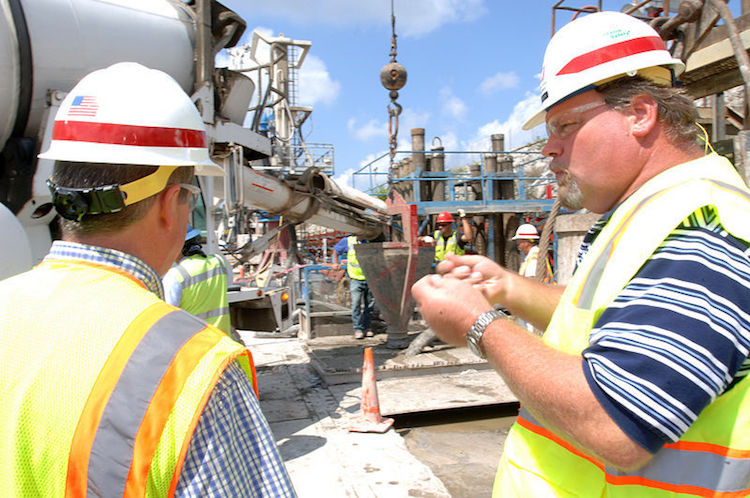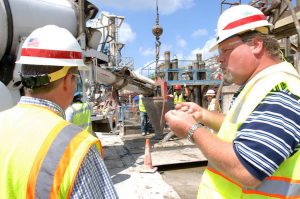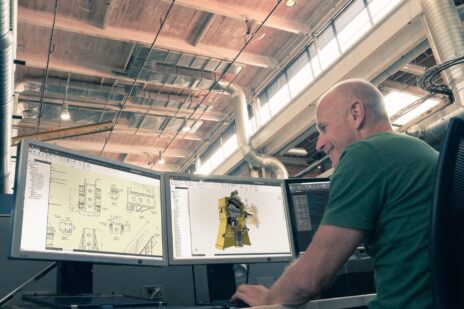
The constant stress of work can sometimes push us past our limits, so what’s the best way to walk the thin line between efficiency and safety?

In any job, whether it be in an office filled with cubicles or out on a job site, there will always be safety concerns and bosses pushing you to work faster. In essence, work is finding a balance between operating at maximum efficiency without being dangerous. This is especially evident in more hands-on manufacturing jobs. Let’s look at a few ways we can walk the thin line between safety and maximum efficiency to optimize your workday.
First, you are going to want to nail down exactly what you are trying to do in your job, task by task. If you approach something without a plan, whether that be machining a part or writing a report, you will inevitably waste time and perhaps compromise your own safety. Laying out a set of microtasks in your manufacturing process can be useful to maintain safety and work fast. This will allow you to move forward in a planned and steady manner while staying focused on what needs to be done. For the most part, safety becomes a problem when workers lose focus or take on too much at once. This planned work method will help you get all of your work done as fast as possible while also keeping all of your fingers.
Next, you will need to have a very real discussion on what is an acceptable compromise to safety for an increase in efficiency. It’s likely that we will be willing to accept a little more strain during certain tasks if that’s all it takes to get things done at an accelerated pace. However, even though we all have likely found ourselves doing something this stupid, it’s not a good tradeoff to risk your fingers to save a few minutes. When it comes to manufacturing and even engineering in general, finding an acceptable level of risk is a necessary part of achieving the highest efficiency possible.
 In terms of a more corporate workplace environment and not just you in your shop, there are other governing bodies that you are going to have to deal with – like everyone’s friend OSHA. When you shift to managing others and determining the risks that they will need to take, your decision making should be different than if you were determining acceptable risk for yourself. In order to be fast and safe at the same time, you have to ask the questions: how fast can I be? And how safe do I need to be?
In terms of a more corporate workplace environment and not just you in your shop, there are other governing bodies that you are going to have to deal with – like everyone’s friend OSHA. When you shift to managing others and determining the risks that they will need to take, your decision making should be different than if you were determining acceptable risk for yourself. In order to be fast and safe at the same time, you have to ask the questions: how fast can I be? And how safe do I need to be?
Ultimately, there is always going to be some level of risk in every task. We can’t spend our lives in giant padded bubbles, although some people probably should. Risk is an everyday part of life, especially engineering. The best way to optimize your performance and overcome these daily hurdles is to develop specific plans for moving forward. This may sound boring, and it likely is going to involve hours of meetings in some cases, but ultimately, your business will see great financial gain from the optimization process.


